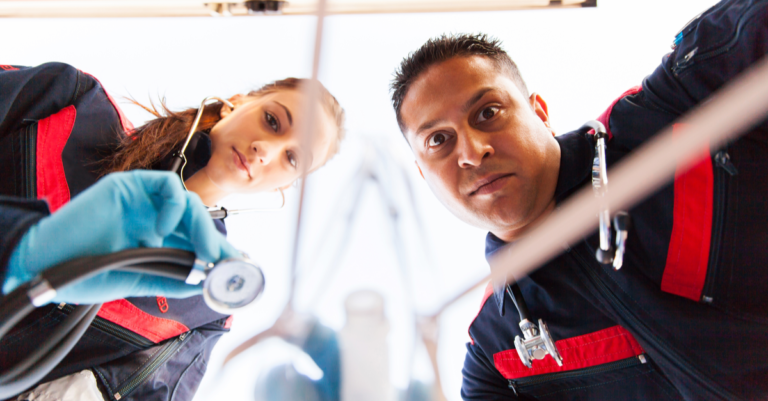
Finding Extracurricular Activities
Premed and other pre-health students have struggled during the COVID-19 pandemic to find and participate ... Read more
Written by: Laura Turner
Published on: January 31, 2022

Premed and other pre-health students have struggled during the COVID-19 pandemic to find and participate ... Read more
Written by: Laura Turner
Published on: January 31, 2022

“Reading is an exercise in empathy; an exercise in walking in someone else’s shoes for ... Read more
Written by: Isabella Peterson
Published on: August 16, 2021

Healthcare is an essential part of life and carries a high demand for diligent workers. ... Read more
Written by: Aditi Kumari
Published on: July 26, 2021

Applicants for medical, dental, and other professional programs often agonize over their personal statements, test ... Read more
Written by: Helen Yang
Published on: April 22, 2019

Applying to a health professional education program is a significant decision. Schools will want to ... Read more
Written by: Julia Bauman
Published on: February 27, 2019

“When I reviewed the interview performance of over 200 students who applied to our training ... Read more
Written by: Glory Kim
Published on: January 17, 2019

Though New Year’s resolutions have the reputation of falling by the wayside come February, they ... Read more
Written by: Cassie Kosarek
Published on: January 9, 2019

Welcome to “Research for the Rest of Us”, a column about navigating the complex intricacies ... Read more
Written by: Trevor C. Hunt
Published on: December 4, 2018

Graduate Record Examinations (GRE) You’ve made the decision to go to graduate school. Congratulations! Graduate ... Read more
Written by: Meghan Taylor
Published on: August 13, 2018

Fall is in the air, and you wait patiently as the medical school application cycle ... Read more
Written by: Jeffrey Perluke
Published on: August 7, 2018

Importance of Medical/Healthcare Experience as a Medical School Applicant Healthcare is a broad field with ... Read more
Written by: Emily Millet
Published on: July 19, 2018

Writing about yourself can be intimidating. Luckily, I’ve got this venue here for practice, but ... Read more
Written by: Adelle
Published on: July 16, 2018

MCAT stands for the Medical College Admissions Test, which is an examination that one must ... Read more
Written by: Emily Millet
Published on: July 10, 2018

It’s hard to be a pre-med. There are high expectations for the types of experiences ... Read more
Written by: Joel Butterly
Published on: June 11, 2018

One of the questions that we hear most often from students is “How do I ... Read more
Written by: Cambridge Learning Center
Published on: May 24, 2018

CASPer is an assessment tool that is rapidly gaining popularity across the world. CASPer is ... Read more
Written by: Acuity Insights
Published on: April 30, 2018

April showers bring May flowers, and May flowers into a summer of applications for dental ... Read more
Written by: Abbey Tadros
Published on: March 27, 2018

By Yoo Jung Kim, MD Candidate, Stanford University Many students start college gung-ho about going ... Read more
Written by: Yoo Jung Kim
Published on: March 13, 2018

Hospital cafeteria food. Malignancy or benign-ness. Patient population seen in the third and fourth years. ... Read more
Written by: Monya De
Published on: November 22, 2017